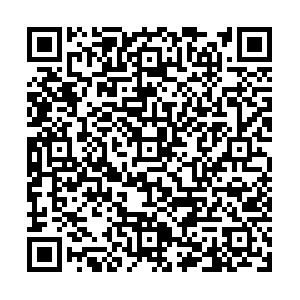Abstract:
Objective To explore psychological and sleep state of general practitioners involved in epidemic prevention and control during the novel coronavirus pneumonia epidemic, and to provide theoretical basis for the targeted intervention.
Methods Using the convenient sampling method, the general practitioners who participated in the epidemic prevention and control work during February 13 to March 10, 2020 were selected as the observation group, and the general doctors who did not participate in the epidemic prevention and control work were selected as the control group. The general data, the generalized anxiety disorder self-assessment scale(GAD-7), the patient health questionnaire(PHQ-9), and the Pittsburgh sleep quality index(PSQI) were investigated using examination stars. The results were statistically analyzed.
Results There was no significant difference in age, gender, marriage, working years and education between the two groups(all
P>0.05). The observation group had higher scores of anxiety than those of the control group(
P=0.010). The observation group had higher scores of depression than those of the control group(
P=0.001). The sleep score of general practitioners(7.76±3.85) was slightly higher than that of general doctors(6.13±2.91), but the sleep score of doctors in the two groups was not statistically significant(
P=0.062). The general practitioner's daytime dysfunction scores were higher than that of the general doctor(
P=0.001). The sleep score of the two groups was significantly higher than that of the Chinese norm sleep total score(3.41±3.57), all
P<0.001. General practitioners were more anxious and depressed than general doctors(
P<0.001).
Conclusion During the outbreak of novel coronary pneumonia, the general practitioners involved in the prevention and control of the epidemic have anxiety, depression and sleep disorders, which need targeted intervention.

 点击查看大图
点击查看大图



 下载:
下载:
